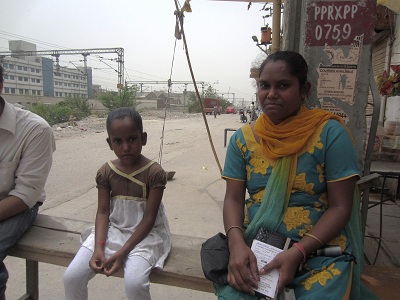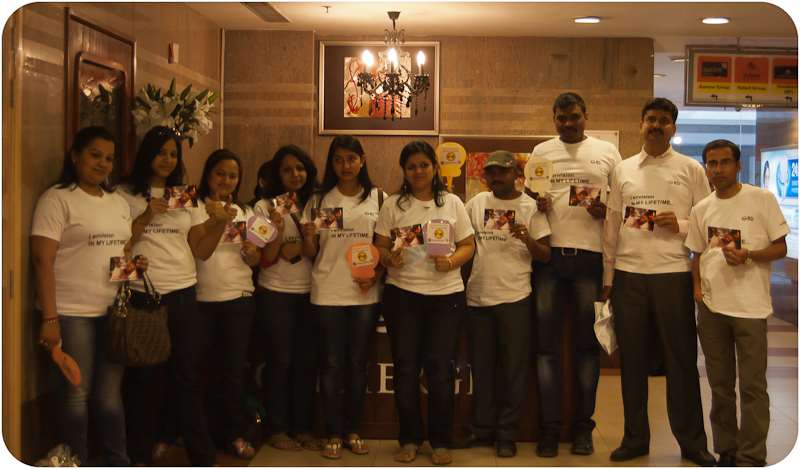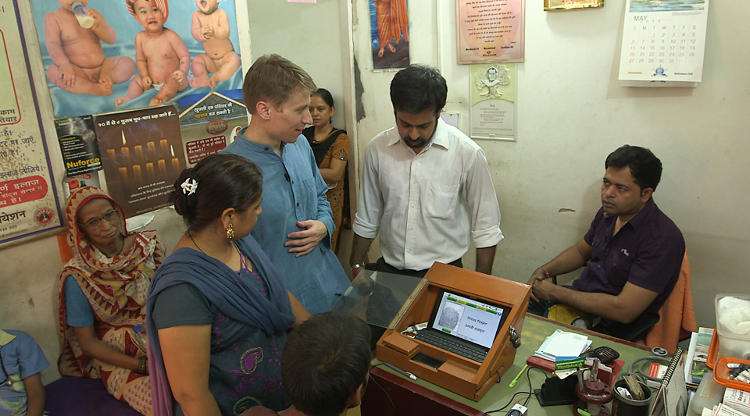
An Interview with Field Supervisor Lay Tra
An Interview with Field Supervisor Lay Tra
In this fortnightly feature, we provide a glimpse into our inner circle – people and our mission.
We interviewed Lay Tra, a field supervisor who has been working with Operation ASHA (Cambodia) for over two and a half years in Sen Sok Operating District, Phnom Penh.
You have been working with OpASHA for over two years now, what are some of the highlights of your journey?
Lay Tra: My work at OpASHA has helped me learn more about Tuberculosis (TB), its treatment and patient care. Through my work, I have been able to help people within my operating district. I have to be strong in TB knowledge so that I can explain to my patients and answer their questions.
How do you feel about the work thus far? What are some of the good and bad that you have experienced in the field?
Lay Tra: Sometimes…even though we provide medication free of charge, some TB patients refuse treatment.
Why is this so?
Lay Tra: Patients may refuse treatment because they are generally poor and uneducated. They want food to fill their stomach now instead of taking medicines to make them feel better later on.
How will you approach a problem like that?
Lay Tra: I will explain that TB can spread to the rest of their family and may harm their children. This will usually work and they will agree to take their medication on time.
And the good?
Lay Tra: I feel I work hard with OpASHA to stop TB. I am happy when I receive thanks from other NGOs and government staff. They know we work hard to fight TB in Cambodia. For TB, the patient has to take medication for about 6 months. I provide medication at the patients’ house so they don’t have to visit the health centres. They are poor and I help them save transport money so they can buy food. After the patients get well, they are very happy and thankful for our services.
How do the patients show they are thankful?
Lay Tra: The patients will give me some fruits and vegetables that they grow, to thank me. But I will usually say that a thank you is enough. They need the food more than me.
How would you share your knowledge with those who do not know about OpASHA?
Lay Tra: A lot of people in Cambodia think that TB is a hereditary disease. Some patients who contracted TB may ask “Why do I have it when my family does not?” This is why raising awareness is important as I have to explain that coughing, sneezing etc is how TB is transmitted and it is not a hereditary disease.
Sometimes I will talk to the village leaders and provide them with information about TB and explain that I am from Operation ASHA, an NGO that helps the poor and provide free treatment for TB. Many times, based on our work and services, past patients will recommend, advertise and spread the word about our organization.
Based on your experience thus far, what do you think are some important traits or characteristics that all Field Supervisors must possess?
Lay Tra: It is sometimes very difficult to work with people. So we need to be hardworking, persevere and be patient. Sometimes the road to these villages might not be safe. Still, we need to try our best.
Could you tell us a little more about yourself?
Lay Tra: I am married and I have three children; two daughters and a son.
…And how many wives? (Chuckles)
Lay Tra: (Laughs) Just one!
Lay Tra used to work for Maryknoll, another NGO as a nurse for HIV patients near the Thailand-Cambodia border. He currently hopes to see improvements in the TB situation in Cambodia and has been actively contributing to Operation ASHA’s cause.
Interviewer: Edson Kieu
Edited by: Jacqueline Chen
Translator and Interpreter: Pheng Sedavotey



